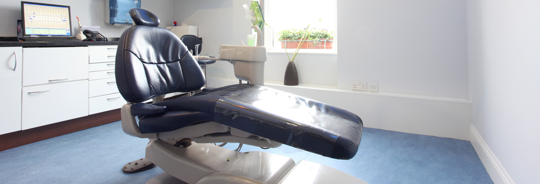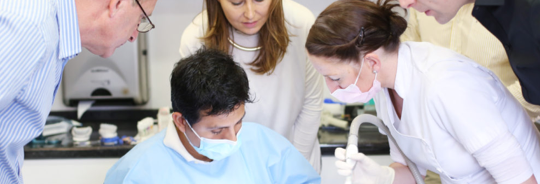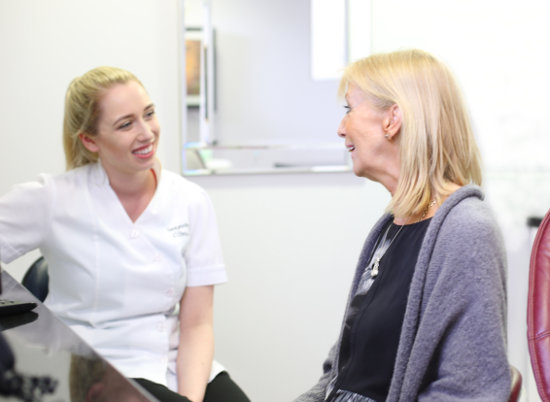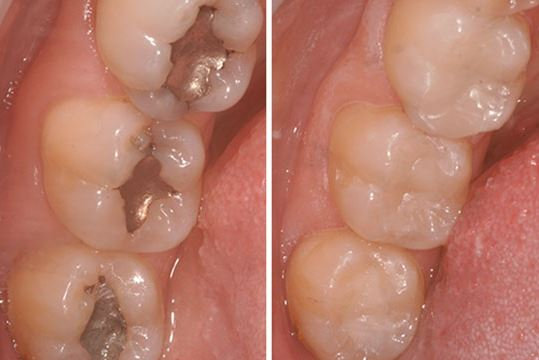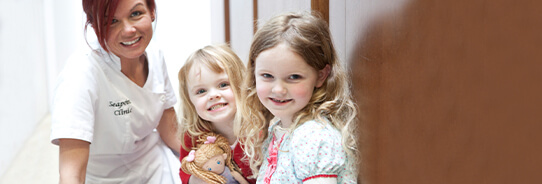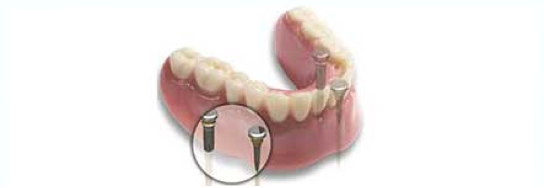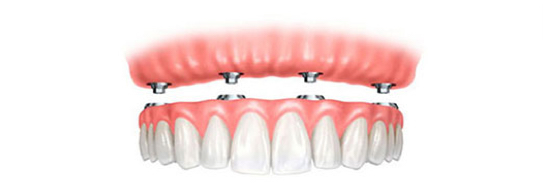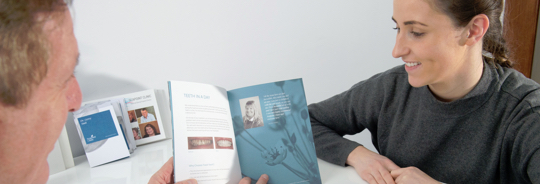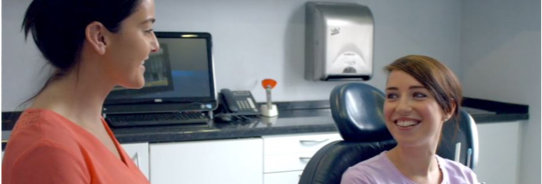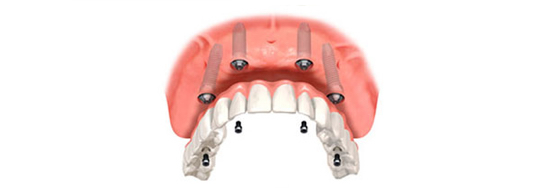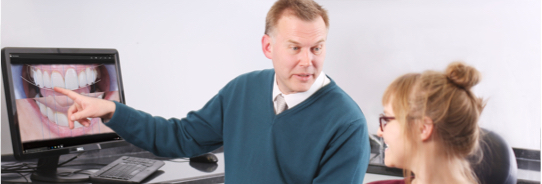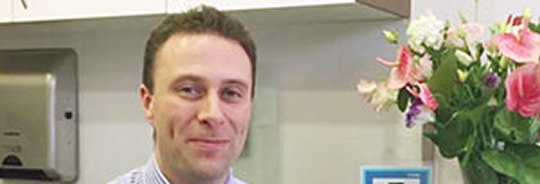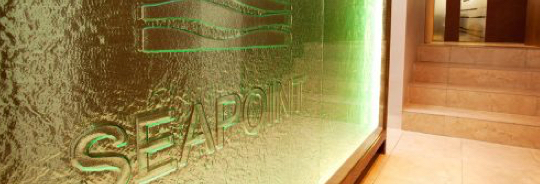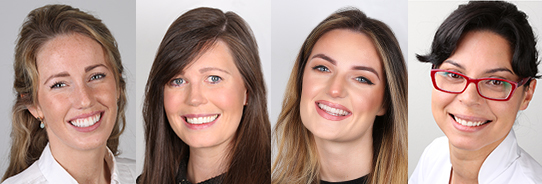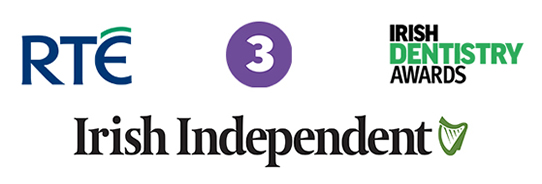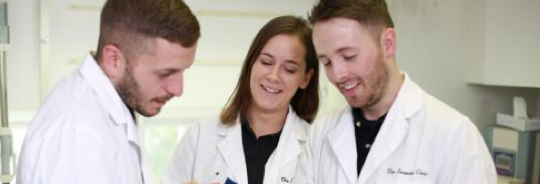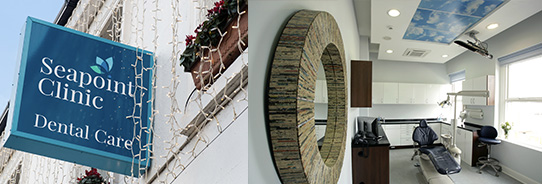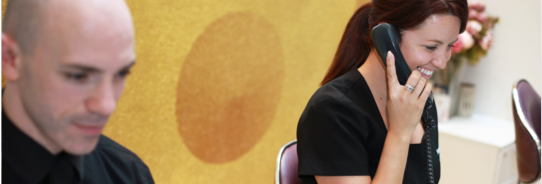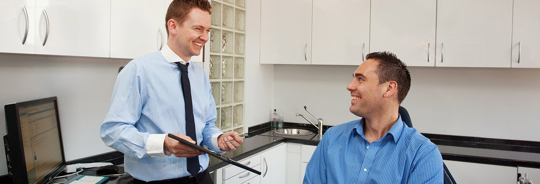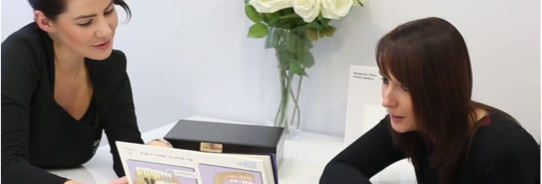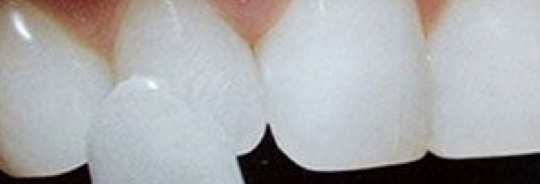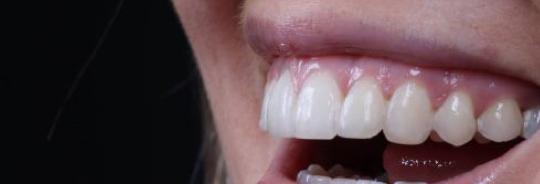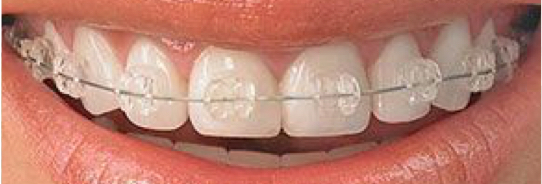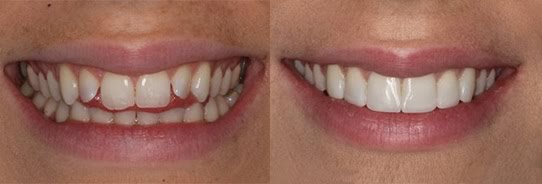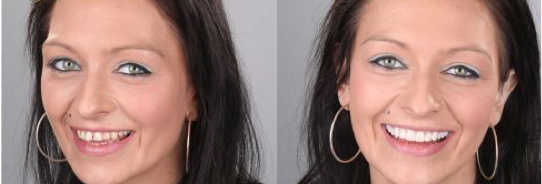
Blog
We post all the latest information here regularly so it's always up to date for you. If there is a topic you would like to have us cover please ask.
29 May 2015
Are you damaging your teeth?

Every day we subject our mouths to lots of potential damage. In Ireland, we are notorious for taking a much more relaxed approach to our teeth, preferring to think that our not so perfect smiles are the norm.
Over the years, as a nation, we have developed daily dental hygiene habits to help keep our teeth clean and healthy and many of us would be surprised to hear that some of these habits are actually having a damaging effect on our oral health.
The first is one we’re all guilty of, brushing our teeth straight after breakfast breakfast. We’ve been doing it as long as we can remember. You should brush your teeth as soon as you get up in the morning to brush away the bacteria that has formed in your mouth throughout the night. After breakfast you should be rinsing with mouthwash.
Another common mistake is rinsing your mouth with water after you brush. This will undo all your hard work as it will wash away the fluoride in the toothpaste. Flouride is great for the teeth and prevents decay.
Brushing straight after eating is another teeth cleaning sin, as you will brush the acid in your mouth from the food into your teeth. Over time this will lead to erosion and a loss of enamel on your teeth, making them weaker and more sensitive over time. You should aim to leave 30-40 minutes before brushing. This will allow the salvia to neutralise the PH level in your mouth and decrease your risk of acid erosion.
Never use a hard bristled toothbrush. The majority of people have always thought that in order to get an effective clean, you need a firm brush. You should opt for a soft to medium brush, which will be kinder to your teeth. If the bristles of your toothbrush are firm you will damage your gums, root surface and the enamel that forms the protective coating on your teeth.
Snacking can also be damaging for your teeth. This is bad news for grazers, as snacking between meals increases the contact your teeth have with food. Those of you who are snacking at your desk are increasing the risk of tooth decay. If you need a snack (let’s face it, sometimes we all do) then reach for the likes of raw vegetables, they will help clean your teeth naturally. Unsalted nuts are also a good bet as they are packed with calcium and vitamin D, both of which will promote healthy teeth and gums.
It may seem like an obvious one, but using your teeth as a bottle opener is a definite no. Many of us will have been at a party and someone decides to open a bottle with their mouth thinking it’s a great party trick. Opening anything, from a beer bottle, to a packet of crisps can be incredibly damaging to your teeth and will wear your teeth away. There is much more chance of chipping a tooth too. Suddenly that party trick seems less impressive.
Dark drinks are some of the worst offenders when it comes to tooth damage, which is bad news for the coke drinkers among us. Most of us are aware of the staining effect it has to the teeth. Did you know that a lot of darker drinks are very acidic and will therefore cause more damage to your teeth? It may be time to switch that rum and coke for a glass of Prosecco as it is a bit less acidic and will cause less damage to your teeth. It is important to bear in mind that consuming soft drinks will increase acid damage to your teeth. If you are going to drink fizzy soft drinks, drink them through a straw to minimise the contact the sugar has with your teeth. Chewing sugar-free gum after these drinks will also help neutralise the acid in your mouth.
Flossing after brushing is a redundant task. Flossing is designed to lose the food debris. Try thinking of it as a pre-clean to brushing. Then you can brush your teeth and remove the food and bacteria from the mouth. Remember not to rinse your mouth out with water and und all that work.
Flossing is the task that is most neglected but is important to maintain good oral hygiene ad even when we do floss, the majority of us are doing it wrong. Flossing backwards and forwards isn’t productive. You should pass the floss gently through the contact point between the teeth then rub the floss up and down the sides of each tooth and each side of the gingival papillae (pink triangle of the gum between the teeth). Never pull the floss backwards and forwards as this will damage the teeth.
Remember to visit your dentist for an examination every 12 months and your dental hygienist every 3-6 months. They will assess your teeth and gums and ensure and can assess any potential problem areas before they start to cause issues.
To book your appointment, give us a call on 01 284 2570.


